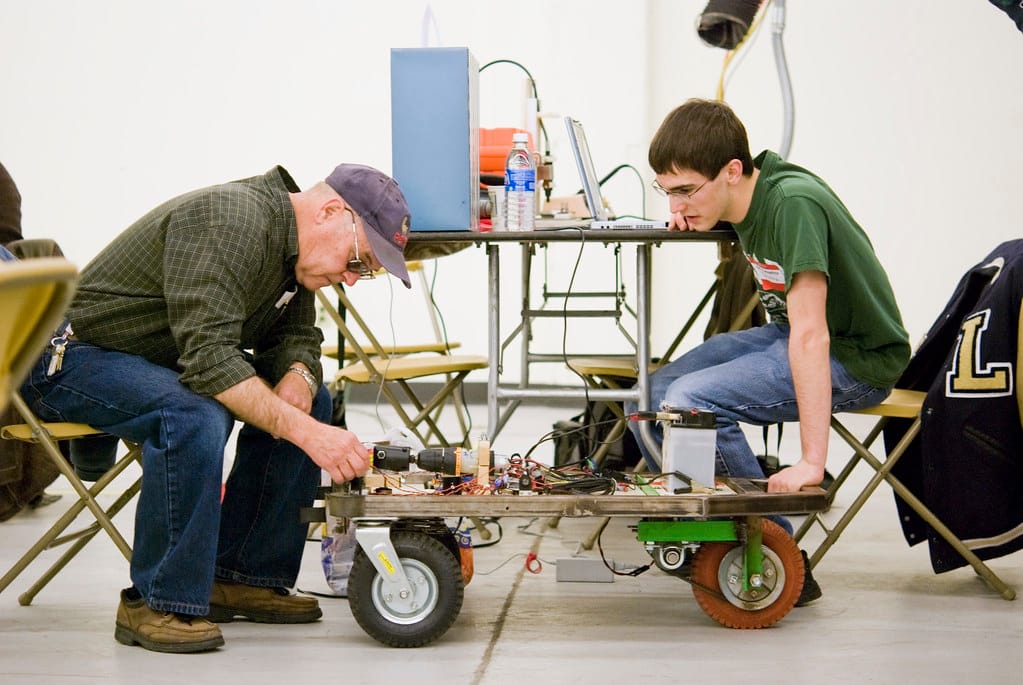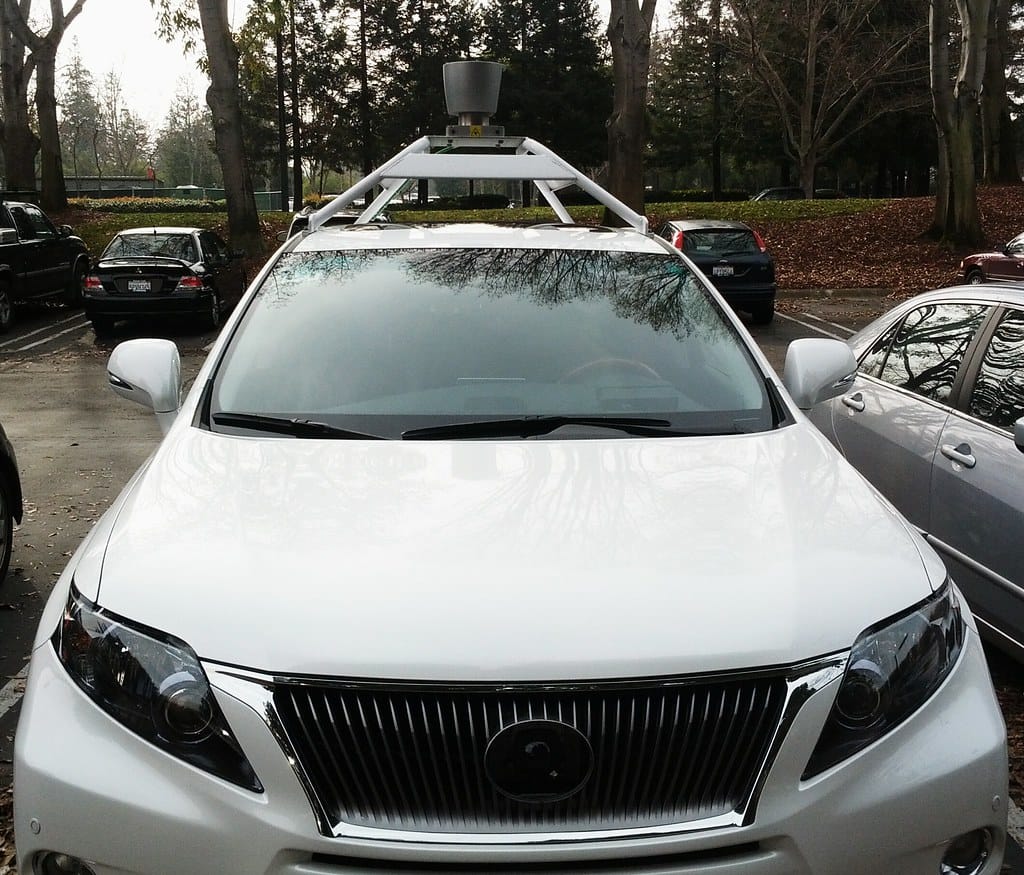Waymo's Robotaxi Revolution Reaches Atlanta: What This Means for the Future of Transportation
The self-driving car future just got a major boost as Waymo expands its autonomous taxi service to Atlanta, marking a pivotal moment in the commercial deployment of robotaxi technology across America.
After years of testing and gradual rollouts, Waymo has officially opened its fully autonomous ride-hailing service to paying passengers in Atlanta, making it the fourth U.S. city to receive the company's commercial robotaxi operations. This expansion represents more than just another market launch—it signals the maturation of autonomous vehicle technology and its readiness for mainstream adoption.
The Atlanta Advantage: Why This Market Matters
Atlanta's selection as Waymo's latest expansion city wasn't random. The metropolitan area presents unique challenges and opportunities that make it an ideal testing ground for autonomous vehicles at scale. With over 6 million residents in the greater Atlanta area and a complex mix of urban streets, suburban sprawl, and highway systems, the city offers a comprehensive real-world laboratory for self-driving technology.
The service initially covers key areas including Midtown, Downtown, and parts of the surrounding metropolitan area, encompassing major business districts, entertainment venues, and residential neighborhoods. This strategic coverage area allows Waymo to serve diverse transportation needs while gathering valuable data on how autonomous vehicles perform in varied traffic conditions.
From Phoenix to Atlanta: Waymo's Methodical Growth Strategy
Waymo's expansion follows a deliberate pattern that began with its Phoenix operations in 2020. The company has since launched services in San Francisco and Los Angeles, each deployment teaching valuable lessons about operating autonomous vehicles in different environments. Atlanta represents the culmination of these learnings, featuring Waymo's most advanced vehicle systems and operational protocols.
The Atlanta fleet consists of Waymo's latest generation of self-driving vehicles, equipped with advanced LiDAR sensors, cameras, and radar systems that can detect objects up to 300 meters away. These vehicles have logged millions of autonomous miles in testing, with the technology demonstrating a safety record that exceeds human drivers in many scenarios.
Market Impact and Competition Heating Up
Waymo's Atlanta launch intensifies competition in the robotaxi space, where companies like Cruise, Amazon's Zoox, and traditional automakers are racing to establish commercial services. The timing is particularly significant as federal and state regulations continue evolving to accommodate autonomous vehicle deployment.
Industry analysts project the global autonomous taxi market could reach $36 billion by 2030, with early movers like Waymo positioned to capture significant market share. Atlanta's diverse demographic and transportation patterns make it a crucial proving ground for demonstrating the technology's broad appeal and practical utility.
Real-World Performance and Safety Metrics
Early data from Waymo's other markets provides insight into what Atlanta passengers might expect. In Phoenix, Waymo vehicles have completed over 1 million fully autonomous trips, with safety metrics consistently outperforming human drivers. The service maintains a 99.9% trip completion rate, with the vast majority of rides proceeding without any intervention from remote operators.
Passengers report high satisfaction rates, particularly appreciating the consistent driving behavior, punctuality, and the novelty of the autonomous experience. Average wait times typically range from 5-15 minutes, comparable to traditional ride-hailing services during peak hours.
Economic and Social Implications
The robotaxi expansion carries significant implications beyond transportation convenience. Atlanta's service launch is expected to create hundreds of jobs in vehicle maintenance, remote monitoring, and customer support. Additionally, the technology promises improved mobility access for elderly residents and those with disabilities who may face challenges with traditional transportation options.
Local partnerships with businesses and transportation authorities are already in development, potentially integrating Waymo's service with existing public transit systems to create a more comprehensive mobility network.
Looking Ahead: The Road to Ubiquity
Waymo's Atlanta launch represents a crucial step toward mainstream autonomous vehicle adoption. Success in this diverse, sprawling metropolitan area could accelerate expansion to similar markets across the Southeast and beyond.
The service's performance in Atlanta will likely influence regulatory decisions nationwide, potentially paving the way for faster autonomous vehicle deployment in other major cities. As the technology proves its reliability and safety in varied conditions, consumer acceptance is expected to grow substantially.
The Bottom Line: Waymo's Atlanta expansion marks a defining moment in transportation history, moving autonomous vehicles from experimental technology to practical, everyday service. For Atlanta residents, it offers a glimpse into a future where transportation is safer, more efficient, and more accessible—while providing the rest of the world with valuable insights into how this technology will reshape urban mobility.

